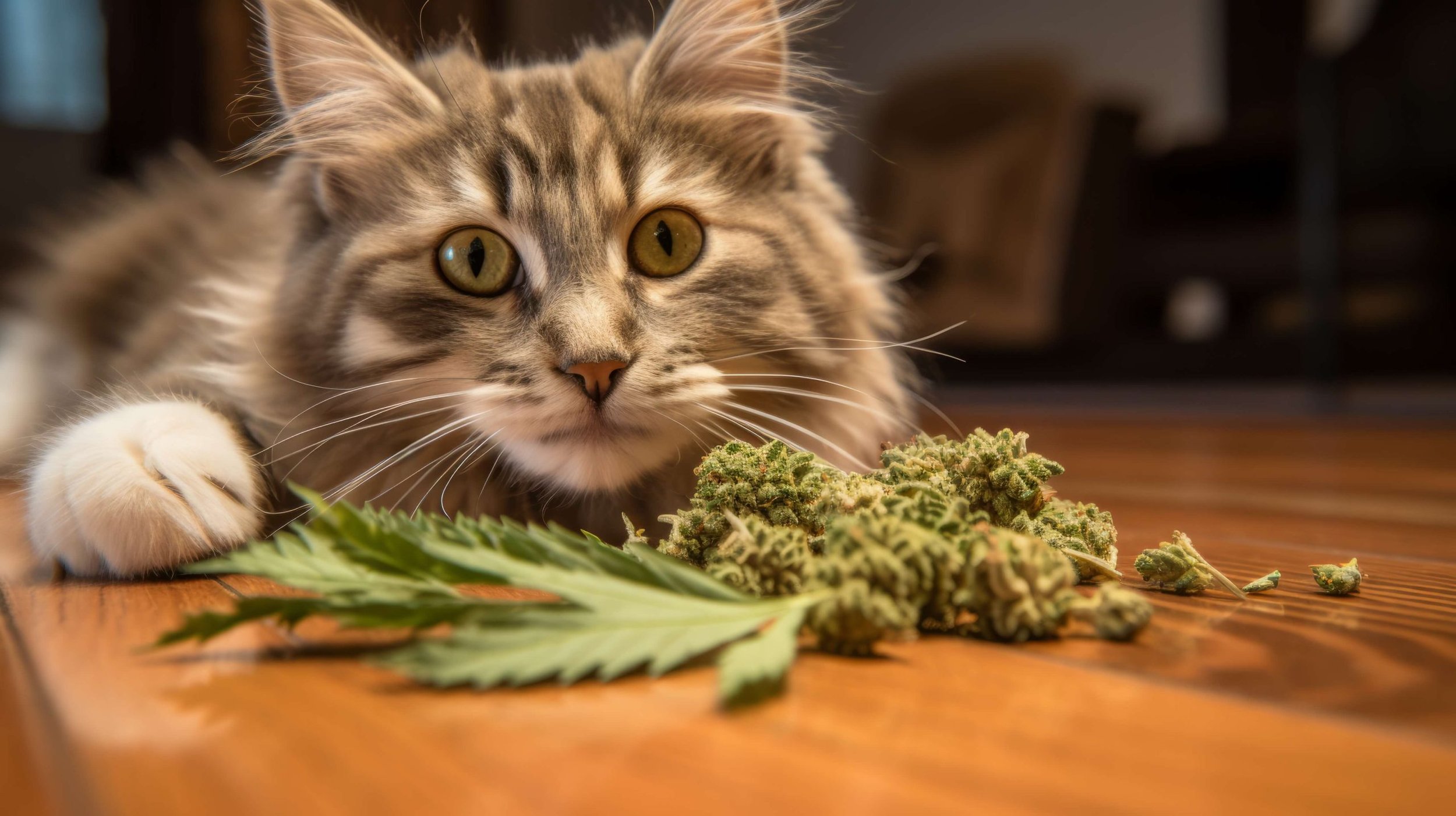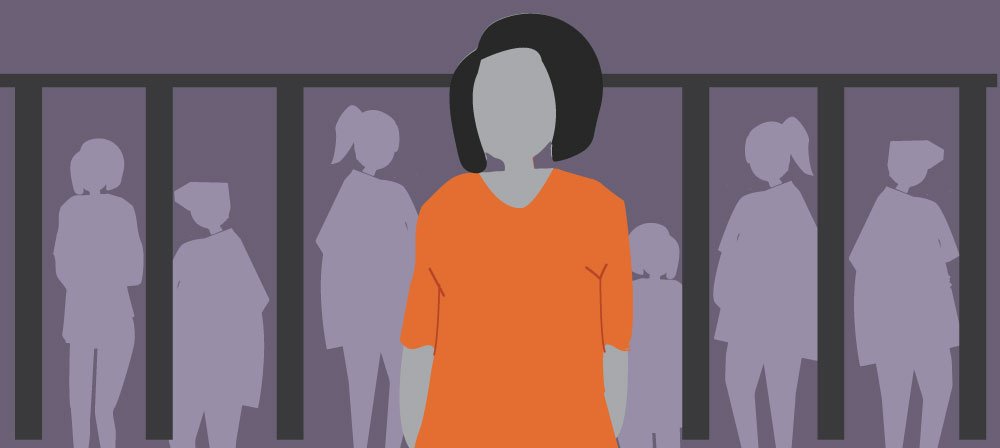Trying to cut down on weed?
There’s a lot of reasons people decide to quit using cannabis. You might be smoking up every day, spending more time or money on it than you want to, or be worried about the very real health harms that can come with chronic cannabis use. Cannabis harm reduction is one way to make sure you’re not doing yourself a disservice – it might include cutting down the amount you’re using, seeking treatment, or making use of some savvy tips that will help you keep it together and stay healthy when smoking (especially for daily smokers).
Unwanted Opioids Found in Crystal Meth
Opioids (heroin and synthetic opioids) have recently been detected in drugs sold as crystal meth in NSW. This unexpected mix is a reminder of how important it is to always practice harm reduction. We pulled this guide together to address the harms of getting unexpected opioids in your meth.
New Study investigates CBD for Cannabis Use Disorder
Time to be honest – while many Australians smoke cannabis occasionally or regularly, chronic and everyday smoking can cause a range of health and social problems that together can be known as Cannabis Use Disorder. The CBD-CUD study is a new study looking at treatment of cannabis use disorder. Led by the University of Sydney and rolling out across sites in Sydney, Newcastle and Melbourne, the study focuses on whether CBD (in combination with counselling) can help people with cannabis use disorder reduce their cannabis use.
Breaking news: Drug alerts are helping us stay safe.
NUAA and NDARC have collaborated on research asking how people engage with drug alerts. The results show – what we already knew - that drug alerts are making us safer.
What psychedelic assisted therapy could mean for meth use
Australian researchers have just completed the worlds first study into psychedelic assisted psychotherapies (PAT) for methamphetamine use disorder. But what is PAT? And how could it change the treatment landscape?
Drug Law Reform Update: the NSW Two-Strike Scheme
The Early Drug Diversion Initiative (EDDI) came into effect in NSW on 29th February 2024. Under the new scheme, if you are caught by police with a “small amount” of a single illicit drug, you could now receive a $400 fine instead of a charge and court summons. However, there are some serious limitations in this reform so it’s worth reading the small print.
Can you overdose from weed?
It is Australia’s most popular illicit drug and probably the most popular drug worldwide. Can you overdose from it? The short answer is yes, you can, but not fatally: cannabis alone will not kill you. But how much is too much?
The ABC of hep C
Hepatitis means 'inflammation of the liver'. The liver is a vital organ — it does over 500 things, including detoxing the body of the poisons in medications, pollution and processed foods; storing iron and other vitamins; storing energy from food and releasing it when you need it; and defending against germs like flus and colds.
Carla’s story: I beat hep C and now I’m helping others
Carla is a peer worker at a Needle and Syringe Program and in the hep C testing and treatment space. She tells how she uses her lived experience helps her help others to access the health care they need.
Using in jail and hep C
Interview with 3 people with lived experience of incarceration who gave us the lowdown on the risk of hep C in jail and how it is best avoided.
“The Time is Now”: New Tasmanian drug user network launches declaration
On 26 September, more than 60 people around the country attended an online event that launched the foundational declaration of Tasmanians with Substance, a collective of people with lived and living experience of using alcohol and other drugs in lutruwita/Tasmania.
When groin injection goes wrong
“Your infection markers are through the roof ... Ultrasound found an aneurysm the size of a golf ball in your femoral artery. We’ll need to do surgery and I’ll be honest with you: it’s a high-risk procedure.” My mind flitted back to the evening I think it started when my hands were shaking so much from my medication regimen that I hit my artery. Of course, I was so impatient to get my fix in me that I didn’t bother with swabs. Bad mistake.
Magic mushrooms for meth?
There is an ongoing clinical trial of giving psilocybin (the active ingredient in ‘magic mushrooms’) to help people who are living with a methamphetamine (‘meth’ or ‘ice’) use disorder. Maureen Steele is a Peer Worker who helped design the trial to ensure it gives users what they need to succeed.
What’s the latest on stimulant replacement treatment?
Many people who are dependent on illicit opioids (such as heroin) have benefited from the Opioid Treatment Program (OTP), which allows them to be prescribed a ‘substitute’ opioid such as methadone or buprenorphine. A replacement program like that for people who use stimulants (such as methamphetamine) doesn’t exist. However, some promising research into possible stimulant replacement treatment is happening.
Підтримка, а не покарання / Support. Don't Punish
This video was produced by Ukrainian drug user organisation VOLNa, for Support Don’t Punish Day 2023. They say: “Every year on June 26, on the day of the Support, Don’t Punish campaign, the All-Ukrainian Association of People with Drug Addiction “VOLNa” throughout Ukraine expresses its protest against the cruel and senseless state policy regarding drugs and people who use drugs. This year is no exception. The war is going on, all the people of Ukraine have united to fight back against the vicious and dangerous enemy - Russia. And when the unification of the people takes place, it is important to remember all the citizens of the country.”
Changes to the OTP in 2023
On May 10, the Commonwealth Government announced additional funding for, and changes to, the Opioid Dependence Treatment Program (ODTP). Read about them here.
Hate this
“Can’t get angry though, because one angry blackfella means we’re all angry blackfellas. Yet a handful of incompetent whitefellas means what? The system. I want you to care. I want you to be angry, too. I want you to hate this.”
Hate This, is a powerful piece written by Carissa Lee, a Noongar actor and writer whose work has featured in The Guardian, Junkee, Witness Performance, IndigenousX and The Conversation. We are happy to be able share the piece both as written text and spoken word performed by First Nations actor Angeline Penrith.
Shining a Light on the Hope-Filled, Stressful Journeys of People Leaving Jail
Exhaustion is a one-women radio play about life after jail. Jarrah, a woman in her 40s, gives the audience a massive dose of ‘real talk’, offering her vulnerability and her struggles to overcome the challenges of life after release from jail. She inspires empathy and concern as she shares the things that are important to her and how she feels.




















